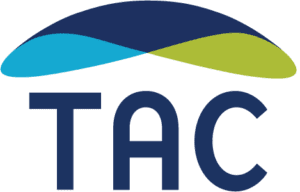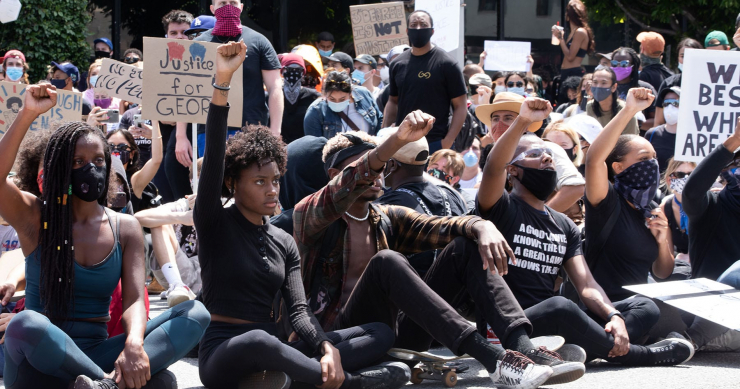The brutal killings of George Floyd, Ahmaud Arbery, and Breonna Taylor.
The disparate public health and economic impact of COVID-19.
Calls to 911 on a black person doing nothing more threatening than bird watching, grilling in a park, or sitting on a park bench.
These events are stark reminders of the violence and structural inequities that continue to confront the black community. Collectively, they have provoked a national cry to address the unmistakable racism that persists in the United States. The recent demonstrations in our communities reflect the nation’s pain, but also foretell a nation destined for racial equity.
Since the protests that occurred across the country during the weekend of May 29 to May 31, 2020, we at TAC have been reflecting on how our organization can do better to eliminate racism and ensure racial equity — both as an employer and through our work. We engaged in small group discussions, one-to-one calls, and email exchanges, and sought guidance from colleagues, family, and friends. Many shared the view that a public statement demanding racial equity and showing solidarity was important, but not the solution. Collectively, we felt that we did not instantly have “the answer.” As we know well from our own work with federal, state, and local leaders, structural solutions require a sustained commitment.
We demand action from others and from ourselves. We expect sustainable change. Thanks in large part to the same kinds of courageous protest shaking our nation right now, progress has been made over many years to reduce racism and other social injustices. But we also know that an incremental approach to confronting structural racism perpetuates harms to people who continue to experience discrimination on a daily basis. We seek a new standard: that we are all free to live without fear of racial, social, and economic injustice. This vision must drive our work to continue improving behavioral health systems, eliminating homelessness, and fostering community inclusion.
TAC stands in solidarity with the people and organizations that condemn the racial injustices pervading this country. But we must do more. We share with you here our commitment to be part of the solution.
- We have established an internal advisory committee to develop strategies for TAC to be a more equitable employer and to inform TAC’s external activities as they relate to racial, social, and economic justice for the issues we care about.
- TAC will provide training for all staff on racial equity. We pride ourselves on diversity as an employer and on promoting racial equity in the work that we do, so we must continually challenge ourselves to be better.
- We will establish an external advisory group of allies invested in the issues we work on, including people with lived experience of homelessness and behavioral health challenges who represent different racial and ethnic backgrounds, sexual orientations, gender identities, and religious affiliations. TAC will seek ongoing guidance from this group on racial, social, and economic justice issues to inform our work as an employer and as a public advocate for progressive policies.
- In all work that we pursue and perform, TAC will adopt strategies to ensure that our technical assistance and consultation address racial equity at every level, including with providers, government agencies, philanthropic organizations, and other key stakeholders.
- We commit to perform only work that is consistent with our values as an organization.
Our commitment to racial equity, and to social, and economic justice, is part of our TAC’s identity, and we will do everything in our power to ensure that this commitment is carried through in our work.
UPDATE: Read TAC’s recently released Racial Equity Statement.



